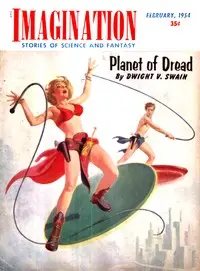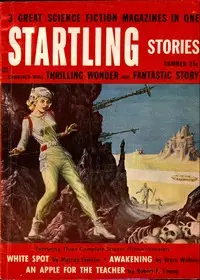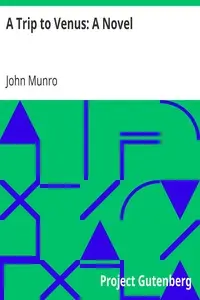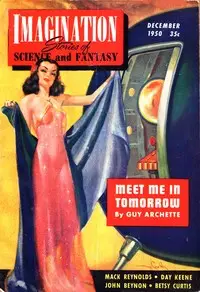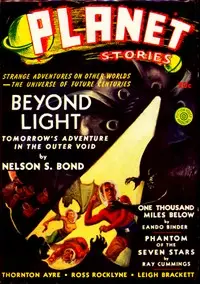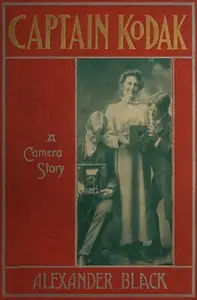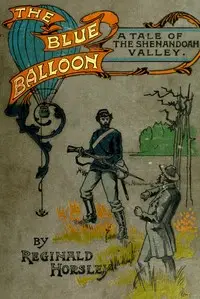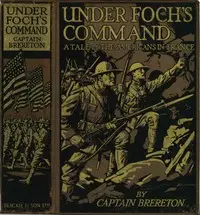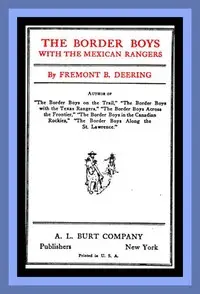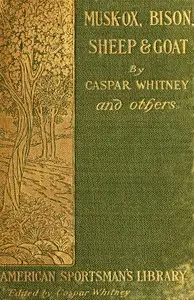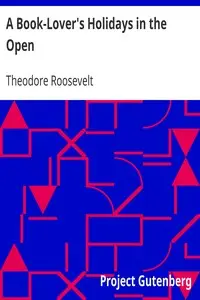"Tickets to Paradise" by D. L. James is a science fiction story set in the mid-20th century that follows Curt Lavin as he accompanies Dr. Champ Chadwick through the rugged landscapes of Iran. Their expedition dramatically changes when they meet Rog Tanlu, a man claiming to be from the Ice Age, who shows them the Ice Stone—a device with the power to manipulate time. Lavin and Chadwick decide to help Tanlu, learning that the Ice Stone can transport them half a million years into the future. Facing dangers and uncovering advanced technology, they grapple with the significance of this time-altering artifact for themselves and for all of humanity, leading Lavin to ponder the future after experiencing such life-altering events.
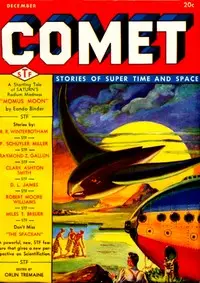
Tickets to Paradise
By D. L. (Daniel Lewis) James
In the deserts of Iran, an archaeologist and his companion stumble upon a refugee from the Ice Age and a time-bending artifact that catapults them half a million years into the future, where survival means confronting enemies and grappling with the consequences of their journey.
Summary
About the AuthorDaniel Lewis James Jr., was an American writer, best known for his novel, Famous All Over Town, about Mexican-Americans in Los Angeles. He published the novel under his pseudonym, Danny Santiago, and during most of his professional career, he kept his identity a secret. James's own agent Carl Brandt did not know his real name until it was revealed by fellow author and friend, John Gregory Dunne. Some critics call this use of a Latino pseudonym a literary fraud, while others appreciate his contributions to literature, regardless of his race. Although he was white, some critics believed he was able to convey an accurate portrait of the Chicano culture.
Daniel Lewis James Jr., was an American writer, best known for his novel, Famous All Over Town, about Mexican-Americans in Los Angeles. He published the novel under his pseudonym, Danny Santiago, and during most of his professional career, he kept his identity a secret. James's own agent Carl Brandt did not know his real name until it was revealed by fellow author and friend, John Gregory Dunne. Some critics call this use of a Latino pseudonym a literary fraud, while others appreciate his contributions to literature, regardless of his race. Although he was white, some critics believed he was able to convey an accurate portrait of the Chicano culture.

